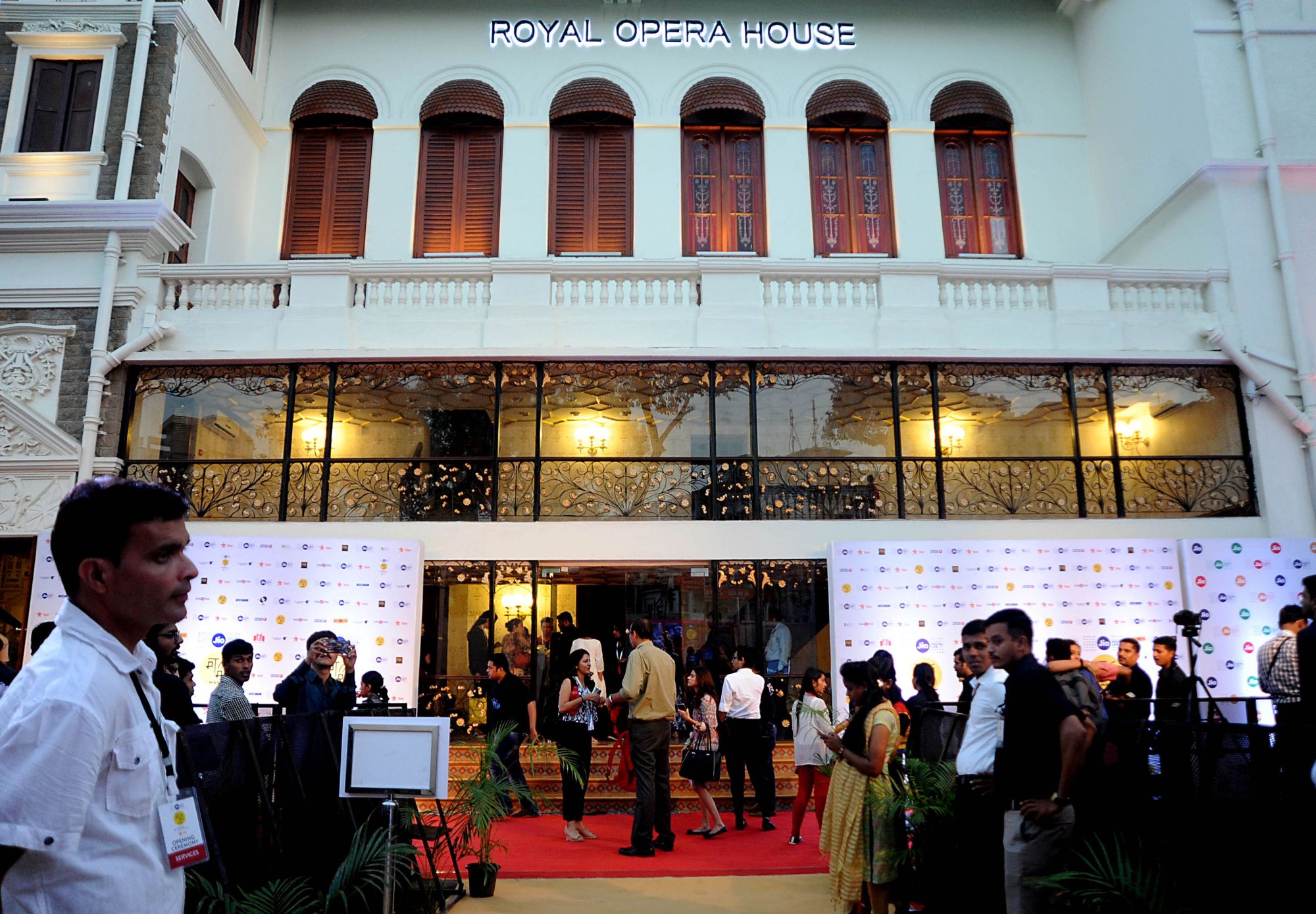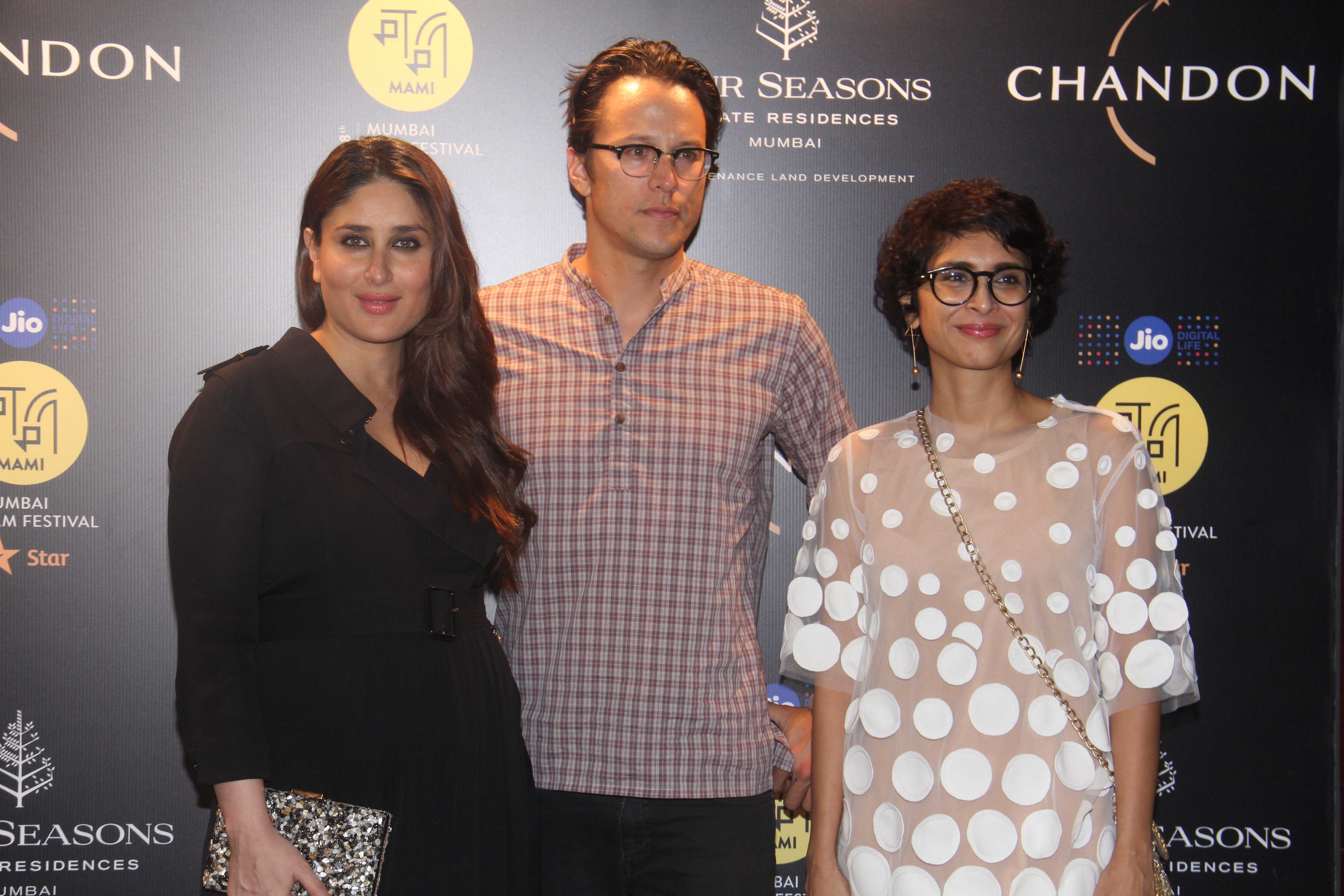
- Festivals
Diversity Reigns At The 18th Jio MAMI Mumbai Film Festival
Actress Jacqueline Fernandez was the host of the 18th Jio Mami – Mumbai Film Festival’s opening ceremony, held at the Royal Opera House, India's only surviving opera house, a newly restored auditorium with three tiers has 574 seats, full with Bollywood celebrities like Aamir Khan, Jaya Bachchan, Kalki Koechlin, Anurag Kashyap, Shyam Benegal and Huma Qureshi among others. Khan took the stage to present the International Excellence in Cinema Award to Chinese film director and screenwriter Jia Zhangke, Bachchan presented the award for Indian Excellence in Cinema to director and screenwriter Sai Paranjpye. Musician Shankar Mahadevan closed the ceremony with his performance.
The glamour continued at the Opening Party at Antilla, a billion-dollar estate owned by one of the world’s richest businessmen ,Mukesh Ambani and his wife Nita M. Ambani, who is Jio MAMI’s co-chair and one of the festival’s trustees (A story goes that the family doesn’t live there because they are concerned the building fails to conform with the ancient Indian architectural principles of Vastu shastra, and fear the home will curse them with bad luck…). The venue was like a movie set with a golden Shiva statue and service tables full of vegetarian food.
Opening events were divided into two different days. The festival’s opening film, A Death in the Gunj, a story about a shy student who has failed his semester and is hiding the secret from his family on their vacation, the film is actress Konkona Sen Sharma’s directorial debut (she also wrote the screenplay). At the end of the festival Sen Sharma won the best Indian female filmmaker award.
A Death in the Gunj’s cast and crew joined local and international guests at the party that held at the art gallery Maskara by director, producer, and Jio MAMI’s chair Kiran Rao together in conjunction with the Hollywood Foreign Press Association. One of the attendees was composer Mychael Danna, a Golden Globe winner for the score for Ang Lee’s Life of Pi in 2013. He’s been visiting India quite frequently for the last two decades and agrees with other MAMI guests that Indian cinema has changed lately – Bollywood is still a strong brand in India, but different digital platforms have created new opportunities for independent Indian movies, in other languages other than Hindi and English. Digital media has given more options for young filmmakers and social media has given these filmmakers a chance to communicate with likeminded people around the world.

Filmmaker Cary Fukunaga with Bollywood actor Kareena Kapoor Khan (left) and Kiran Rao, Chairperson, MAMI during the Jio MAMI 2016.
getty
The Jio MAMI Mumbai Film Festival is as diverse as the city that hosts it. There is something for everyone – 175 entries includeing movies from contemporary India to restored classics, world cinema and children’s films. The subject matters range from complicated Indian or world political issues to just everyday life. The most heated political conversation during the festival was a very currentlocal issue- should Pakistani actors and technicians be banned from working in India after a terror attack by Pakistani insurgents claimed the lives of 18 soldiers from the Indian Army in an area called Line of Control, a military control line between the two countries?
But not everything was political. Besides screenings the festival offered activities like filmmakers’ boot camps, screenwriting workshops, panel discussions, sneak peek into the possibilities of virtual reality, a brunch with women in film, and even conversation about fashion in film. There was also an evening with Polish director and screenwriter Tomasz Wasilewski and one with an American film director, writer, and cinematographer Cary Fukunaga.
Overall, the 18th Jio MAMI Mumbai Film Festival was a celebration of cinema.

